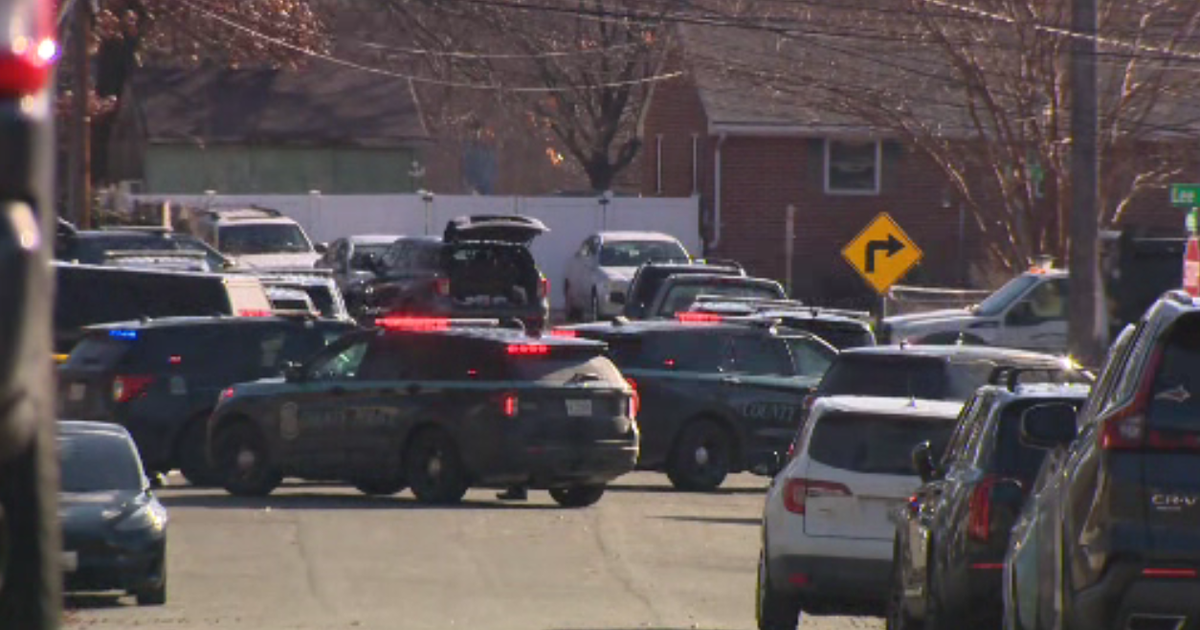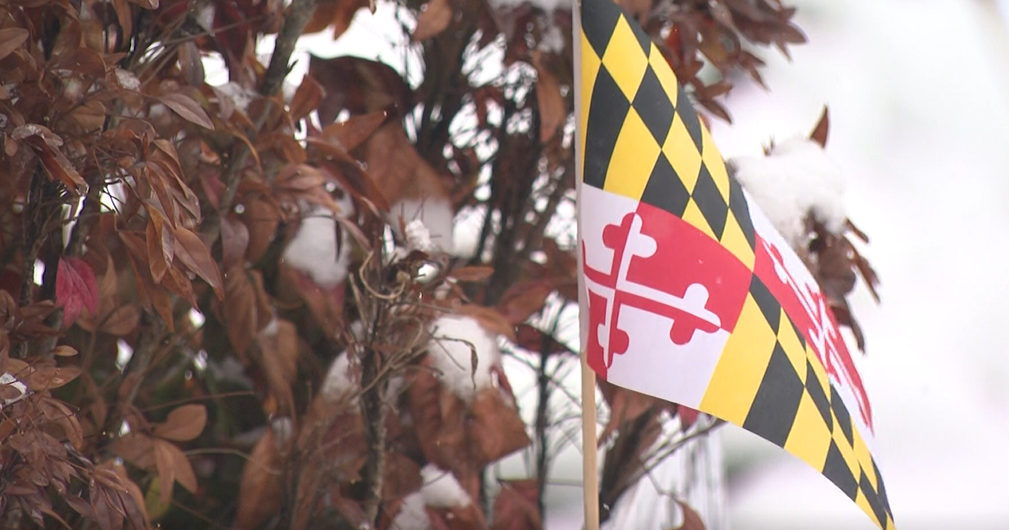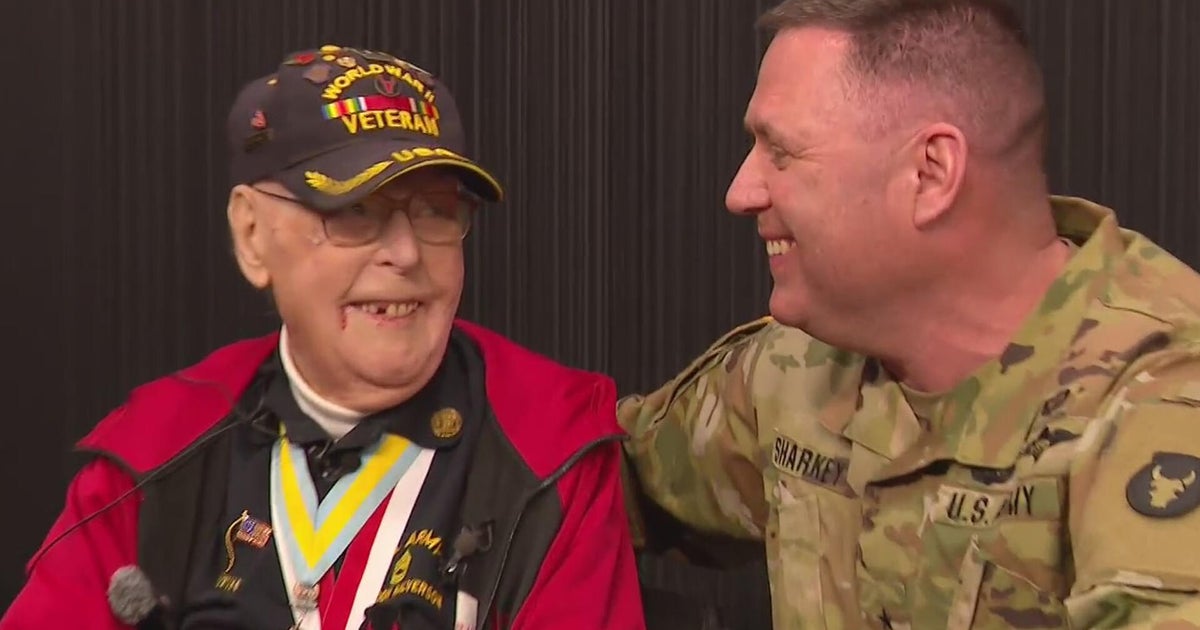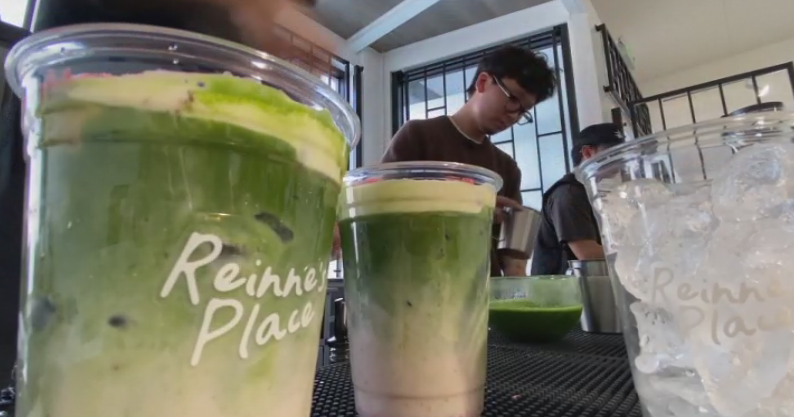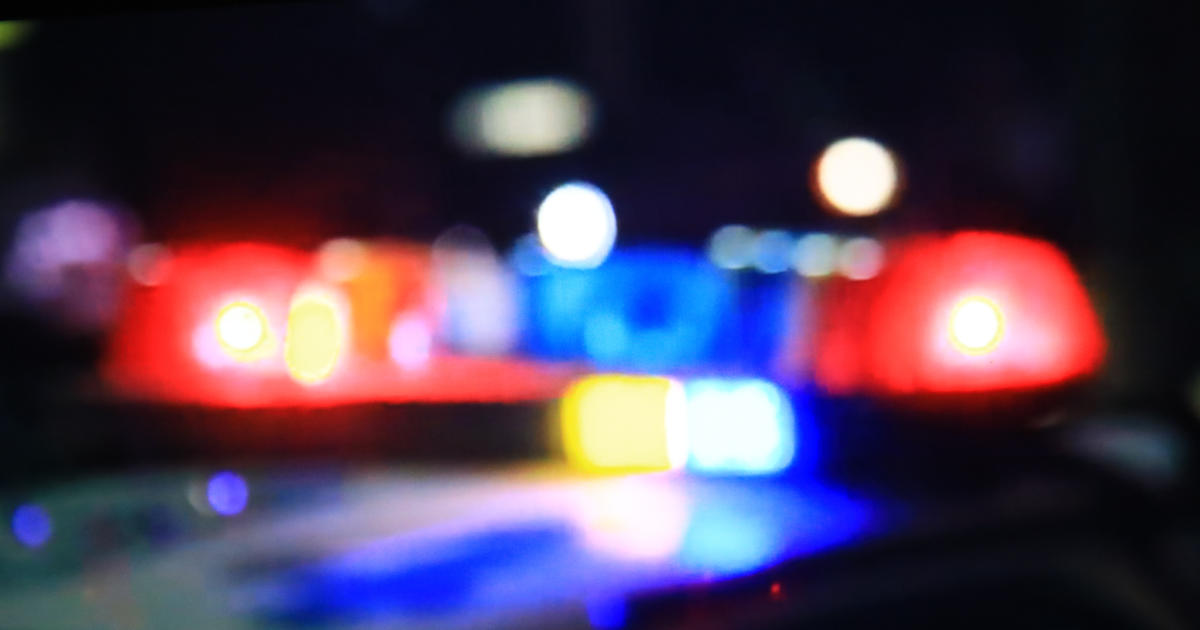Study Shows Soldiers Have Been Killing Themselves At Unprecedented Rates
GLEN BURNIE, Md. (WJZ) -- A decade of war has given the U.S. military a huge problem. Soldiers have been killing themselves at an unprecedented rate.
At an U.S. Army Reserve welcome home ceremony Friday, Mike Schuh witnessed the changes being made to protect the troops once they've returned.
At any military ceremony, you can count on a few things--a commander's speech, a crisp salute and, if returning, happy people just a few feet away.
Sgt. Donald Robidoux's parents are giving thanks. His dad is a Navy vet and he's happy he's back. He was also proud his son was promoted.
"Well, I thank God I lived to 83 to be present at the ceremony," said Norman Robidoux, father.
"It's still nice to know you can bring a smile to your parents' faces. Absolutely, I can't put it any better than that. It just fills you up right here," said Donald Robidoux.
He's one of 16 soldiers who returned to Glen Burnie.
After being gone for a year, the last 10 months abroad have been spent on landing crafts doing military missions in Kuwait.
But across the U.S., so many soldiers have seen so much action for so many years. Suicide in the Army has doubled.
So at the homecoming, amidst all the joy, commanders -- in just 10 minutes -- reminded soldiers three times that they survived an enemy, so now they encourage them not to die by their own hands.
"Unfortunately it's necessary," said Robidoux.
Suicides among Army Reserves spiked in 2010.
"Some 4-star generals stepped up and said 'I've had some challenges, I've had some PTSD, it's OK, I got help,'" said LTC Deb Kotulich, 369th Battalion Commander.
Robidoux appreciates the effort, as now they've returned, his buddies are spread out across five states.
"So you don't have that immediate contact with them, so if someone finds themselves in a hole three weeks from now unless someone has the good timing to have a phone call," he said.
The good news is because of these efforts suicides are down dramatically this year.
The military says generally citizen soldiers -- the Guard and Reserve -- take their own lives more often than those on active duty.

